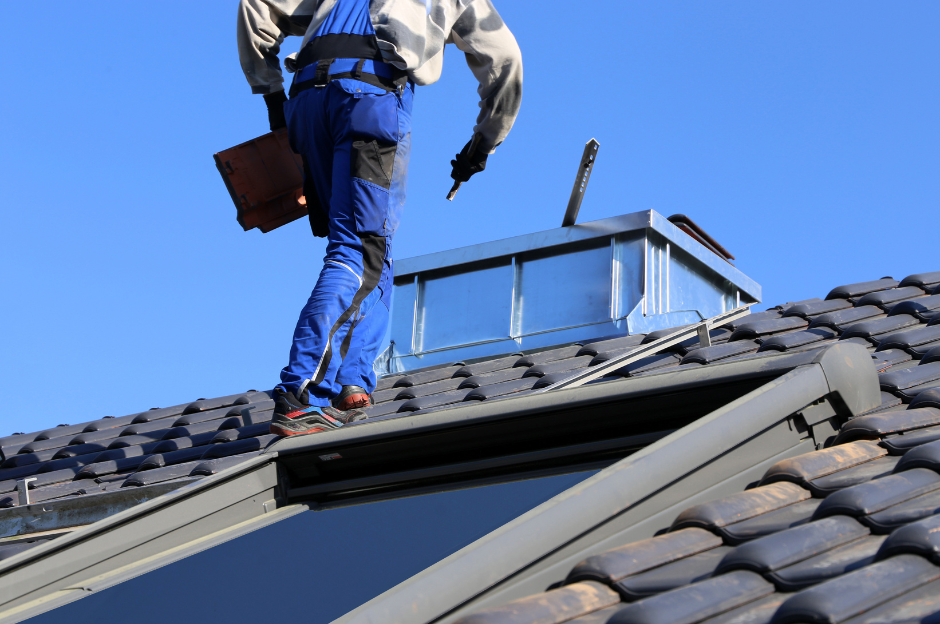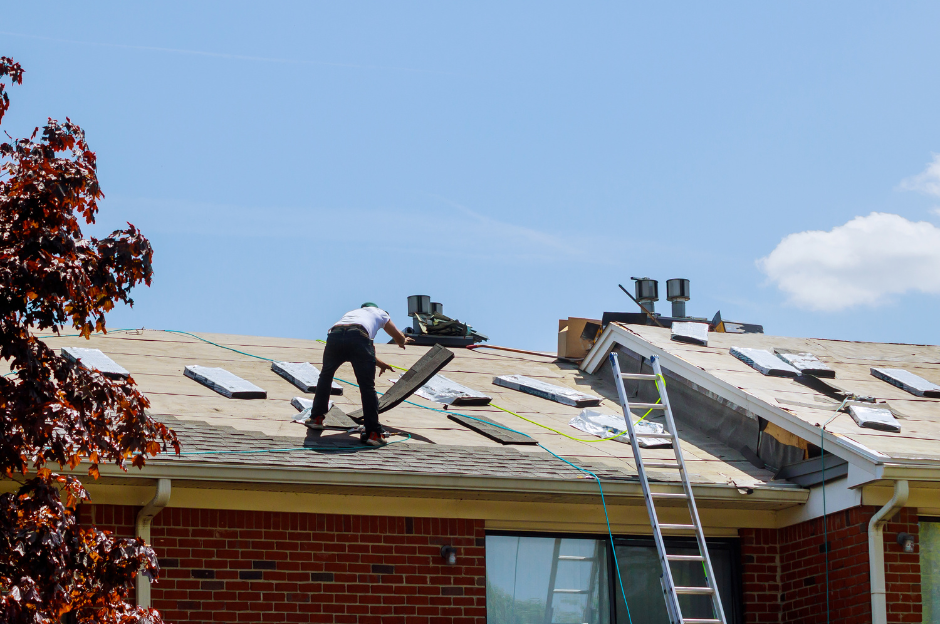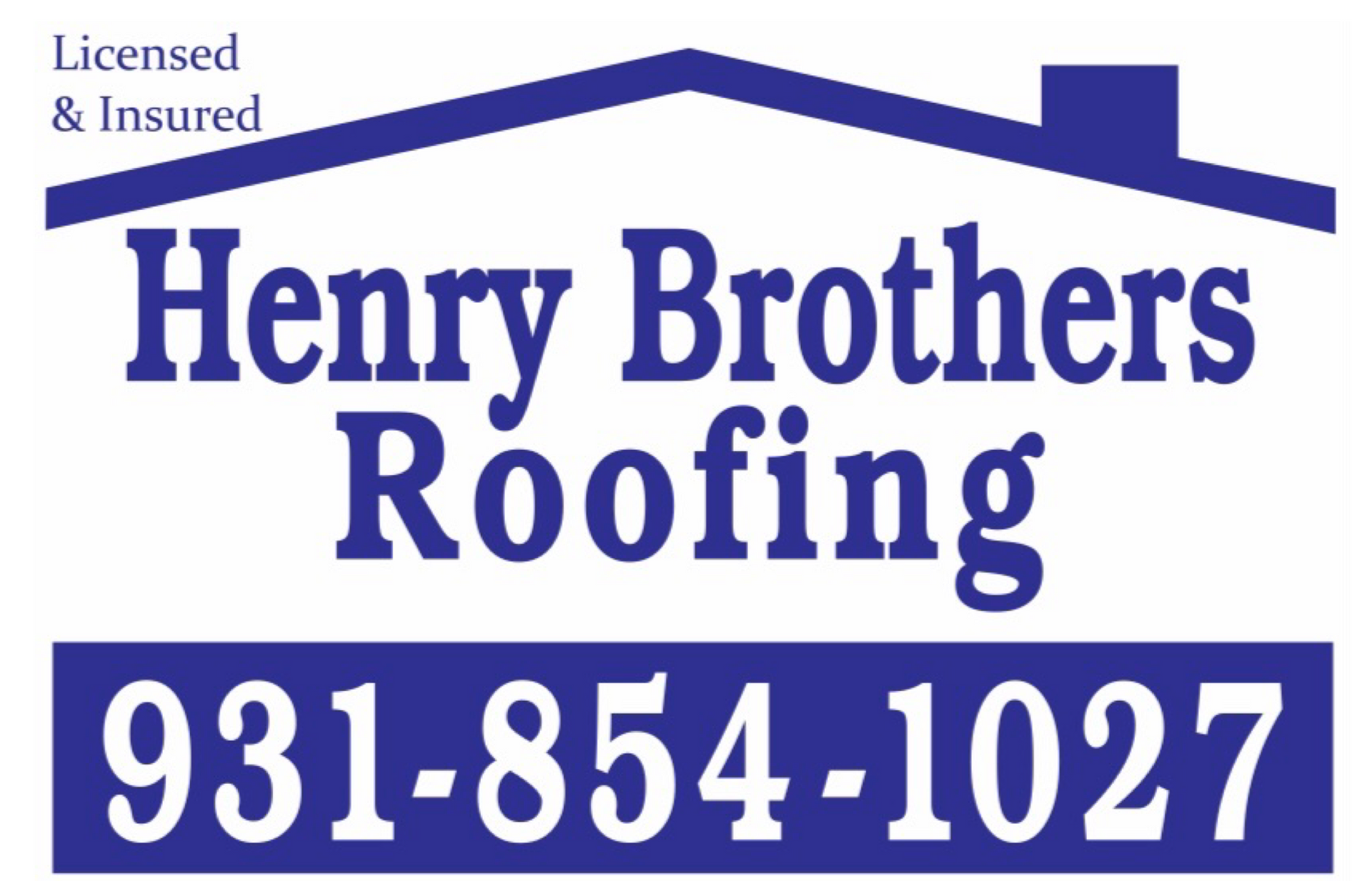Unveiling the Secrets to Finding the Right Roof Experts for Your Home
Your home is your sanctuary, and its roof is the first line of defense against the elements. When it comes to ensuring the longevity and safety of your home, finding the right roof experts is crucial. Whether you're facing a sudden leak, planning a roof replacement, or just need routine maintenance, entrusting the job to skilled and reliable professionals is paramount. In this blog, we'll delve into the key factors and strategies that can guide you in finding the perfect roof experts for your specific needs.
Assessing Your Roofing Needs:
Before embarking on the journey of finding the right roof experts, it's essential to assess your roofing needs. Different issues require different expertise – whether it's a minor repair, a complete replacement, or routine maintenance. Understanding the specifics of your roofing project will help you narrow down your search to professionals with the right skills and experience.
Credentials and Qualifications:
The roofing industry demands expertise, and credentials speak volumes about a roofing professional's qualifications. Look for experts who are licensed and insured. A valid license ensures that the roofer has met the necessary standards and regulations in your locality. Insurance is equally important, as it protects you from liabilities in case of accidents or damages during the project.
Experience Matters:
When it comes to your home's roof, experience is invaluable. Seasoned roof experts have encountered a variety of challenges and have honed their skills over the years. While newer professionals may offer competitive pricing, the assurance of quality work often comes with experience. Check for the number of years a roofing company has been in business and their track record in handling projects similar to yours.
Local Reputation and Reviews:
Word of mouth is a powerful indicator of a roofing professional's reliability. Seek recommendations from friends, family, or neighbors who have recently had roofing work done. Online reviews on platforms like Google, Yelp, or the Better Business Bureau can provide insights into a roofing company's reputation. Pay attention to both positive and negative reviews to gauge the overall satisfaction of previous clients.
Transparent Pricing:
While cost should not be the sole determining factor, it's crucial to have a clear understanding of the pricing structure. Reputable roof experts provide detailed estimates that outline the scope of work, materials, labor, and any additional costs. Beware of overly low quotes, as they might indicate subpar materials or shortcuts in the installation process. Transparency in pricing ensures that you know exactly what you're paying for.
"Not all roofs are created equal; some roofs require more attention than others. Working with an expert will help you choose the roof that is right for you. "
Henry Brothers
Warranty and Guarantees:
A reliable roofing professional stands behind their work with warranties and guarantees. A solid warranty not only protects your investment but also reflects the roofer's confidence in the quality of their work. Be sure to understand the terms of the warranty, including the duration and what is covered. A roofing expert who offers a comprehensive warranty demonstrates their commitment to customer satisfaction.
Communication Skills:
Effective communication is key to a successful roofing project. From the initial consultation to project completion, a reputable roof expert should keep you informed about the progress, any challenges encountered, and the timeline for completion. Responsive communication instills confidence and ensures that you are on the same page throughout the process.
Local Knowledge:
A roofing professional with local knowledge is well-acquainted with the climate, building codes, and specific challenges prevalent in your area. This local expertise can be invaluable in recommending the most suitable roofing materials and designs that can withstand the local weather conditions. Additionally, local roofers are often more accessible for follow-up maintenance or warranty services.
Check for Proper Insurance:
Roofing is a hazardous job, and accidents can happen. Ensure that the roofing company you choose has comprehensive insurance coverage for its workers. This not only protects you from potential liability in case of accidents but also demonstrates a commitment to the well-being of the workers.
Ask for References:
A reliable roof expert should be willing to provide references from previous clients. Contacting these references can give you firsthand insights into the roofer's professionalism, work quality, and reliability. If a roofing professional is hesitant to provide references, it might be a red flag.
Conclusion:
Finding the right roof experts involves a careful balance of evaluating qualifications, experience, reputation, and communication skills. Your home deserves the best, and by following these guidelines, you can make an informed decision that ensures the longevity and integrity of your roof. Remember, investing in a reputable roof expert today can save you from headaches and costly repairs down the road.
Henry Brothers Blog




